The Ministry of Health has just issued an official dispatch to the Department of Health of provinces and cities requesting that relevant units deploy urgent measures to respond to the risks of heat, drought, water shortage, and saltwater intrusion.
Illustration photo.
According to the forecast of the Central Center for Hydro-Meteorological Forecasting, in 2023, due to the influence of El Nino phenomenon, severe heat, drought, and water shortage will occur. Currently, severe heat has begun to appear in many localities across the country, seriously affecting the health of people and workers.
The Ministry of Health has just issued an official dispatch to the Department of Health of provinces and cities requesting the direction of relevant units to strengthen propaganda, dissemination, guidance and implementation of guidance documents for grassroots health workers, people and workers in the area to implement Official Dispatch No. 397/CD-TTg dated May 13, 2023 of the Prime Minister.
For effective communication, the Department of Health Environment Management (Ministry of Health) has developed documents: "Guidelines for health care in hot weather for the community and workers"; "Guidelines for treating household water using simple measures".
These documents aim to help people have basic knowledge in implementing measures to handle and prevent some common health problems during the hot season, as well as knowing how to apply simple water treatment measures to ensure clean water quality for domestic use and ensure environmental hygiene during the dry season when there is a water shortage.
According to the Ministry of Health, during the hot season, some common health problems may occur: sunstroke, heat exhaustion or heat stroke.
The main cause is due to prolonged exposure or working in hot, high temperature environments or it can also be due to sudden changes in environmental temperature.
Some high-risk groups include: The elderly, children and pregnant women; People who work or exercise at high intensity outdoors in the sun for long periods of time or in hot environments: agricultural workers, workers in brick kilns, steel furnaces...; People with chronic diseases: high blood pressure, chronic obstructive pulmonary disease, bronchial asthma, diabetes.
Symptoms of common health problems during hot weather depend on the duration of exposure to heat and the degree of body temperature increase.
At a mild level, the patient feels tired, thirsty, dizzy, lightheaded, has increased heart rate, increased breathing rate, palpitations, and cramps.
In severe cases, the patient has severe headache, increasing difficulty breathing, nausea or vomiting, weakness or paralysis of one side of the body, convulsions, fainting or coma, cardiovascular collapse (rapid heartbeat, low blood pressure, ...) and can die.
When experiencing health problems due to heat, depending on the severity of symptoms, it is necessary to quickly apply appropriate treatment measures as follows:
In mild cases, the victim should be moved immediately to a cool, airy place; Loosen or remove some of the victim's outer clothing. Then, wipe the victim's body with a cool towel or pour cool water on the victim's body and then dry. Place a towel soaked in cool water or ice in areas such as the armpits, groin, and both sides of the neck to help quickly reduce body temperature.
If the victim can drink, give them small sips of cool water. It is best to give them water with added salts and minerals, such as Oresol, mixed in the correct dosage according to the instructions. If the victim has cramps, gently massage the affected muscle area.
Be careful not to let too many people surround the victim. After about 10-15 minutes the symptoms will gradually subside.
In severe cases: If the victim shows severe symptoms, call 115 immediately or quickly take the victim to the nearest medical facility. Note that during transportation, regularly apply cool compresses to the victim.
The Ministry of Health recommends that people limit going out in the sun on hot days, especially between 10am and 4pm. People who are in a room with low air conditioning should not go out in the sun suddenly but need to have some time for their body to adapt to the outside environment by increasing the air conditioning temperature in the room or sitting in the shade before going out. Wear light-colored, airy, sweat-absorbent clothes.
Increase the intake of green vegetables and fruits, and include soup in your daily meals. In particular, you should drink at least 1.5-2 liters of water per day. You should drink several times a day, and not too much water at once. Exercise to improve your resistance and tolerance to hot weather conditions.
For those who have to work in hot weather, it is necessary to arrange working time during cool times such as early morning or late afternoon. Limit working time in high temperature environments.
If you have to work, do not work too long in a hot environment and avoid strenuous physical activities. You should periodically rest in a cool place for 15-20 minutes after about 45 minutes to 1 hour of work.
Minimize the area of sunlight exposure on the body, especially the neck and shoulders. Use appropriate personal protective equipment when working outdoors in the sun such as protective clothing, hats, caps, and glasses. Wear loose, cool, sweat-absorbent clothing. You can also use sunscreen.
Do not use alcoholic beverages. Drink water regularly during work. Especially drink water with added salt and minerals such as Oresol for those who sweat a lot during work. When drinking water, follow the manufacturer's instructions.
Take measures to cool the workplace such as using canopies, heat-reflecting panels, insulation materials, water spraying and misting systems, installing air conditioning systems, and suitable ventilation fan systems.
According to nhandan.vn
Source link




![[Photo] Phuc Tho mulberry season – Sweet fruit from green agriculture](https://vstatic.vietnam.vn/vietnam/resource/IMAGE/2025/4/10/1710a51d63c84a5a92de1b9b4caaf3e5)

![[Photo] Unique folk games at Chuong Village Festival](https://vstatic.vietnam.vn/vietnam/resource/IMAGE/2025/4/10/cff805a06fdd443b9474c017f98075a4)
![[Photo] Prime Minister Pham Minh Chinh chairs meeting to discuss tax solutions for Vietnam's import and export goods](https://vstatic.vietnam.vn/vietnam/resource/IMAGE/2025/4/10/19b9ed81ca2940b79fb8a0b9ccef539a)



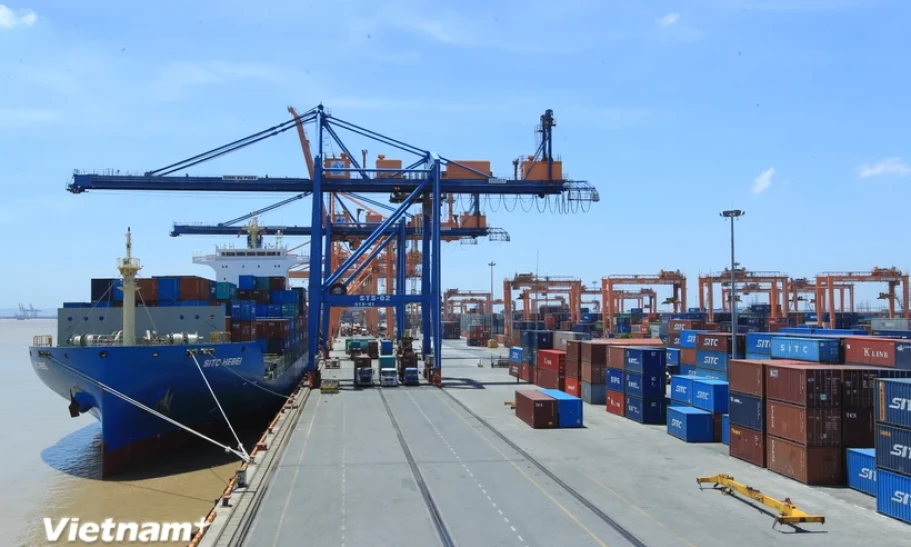


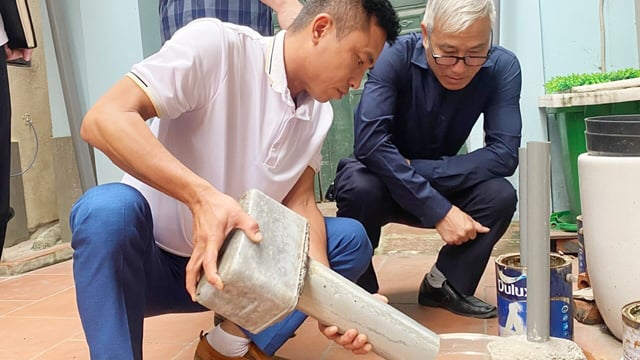
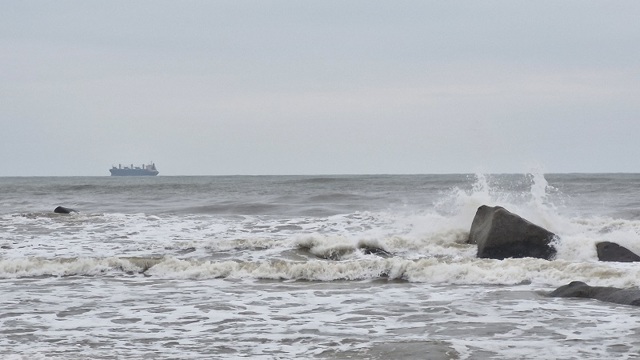


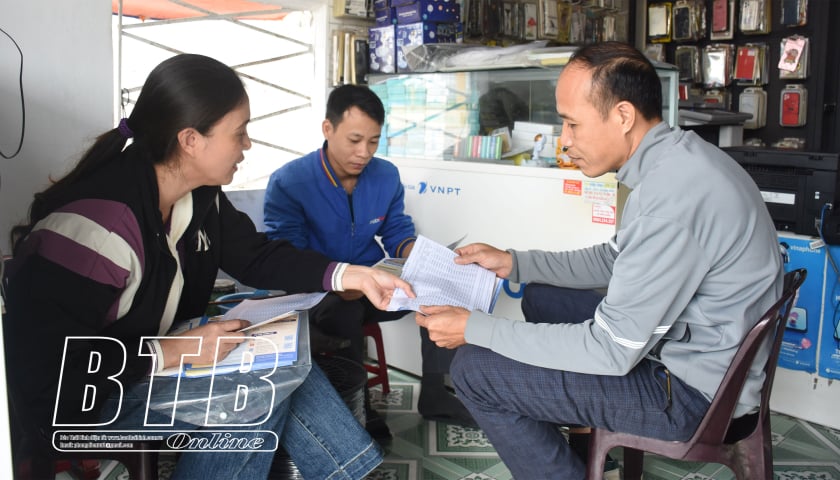

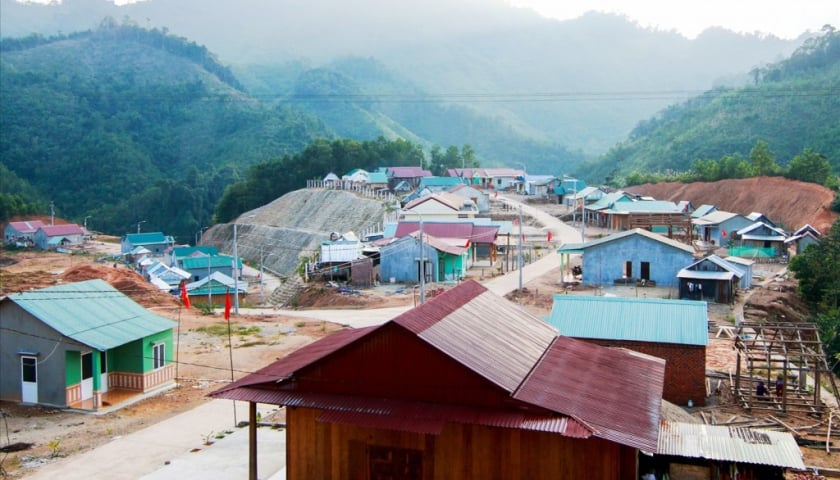






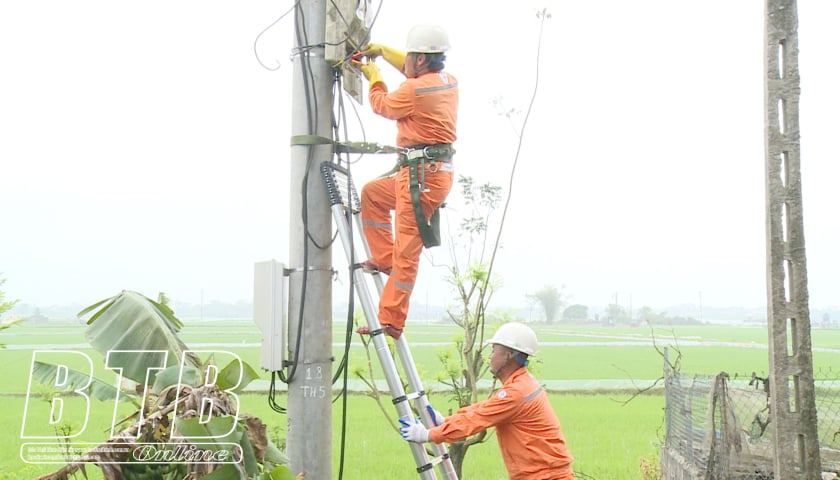
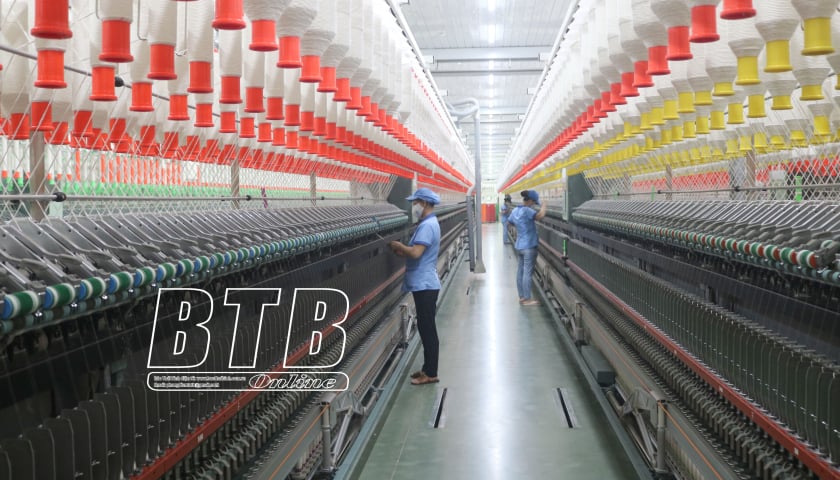




























































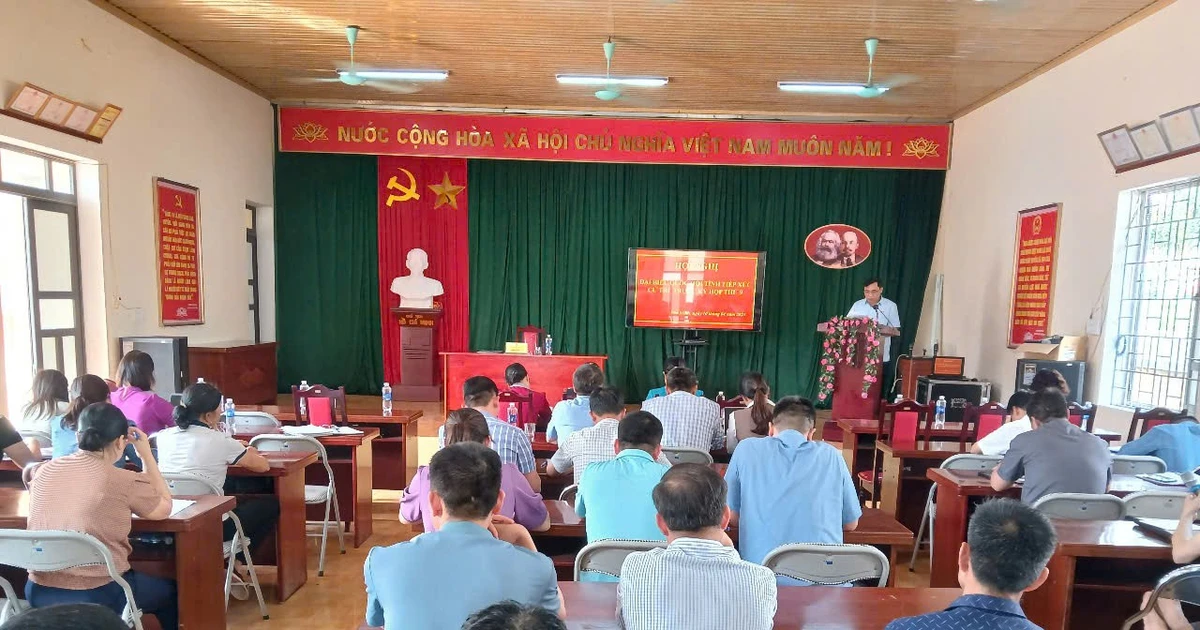









Comment (0)